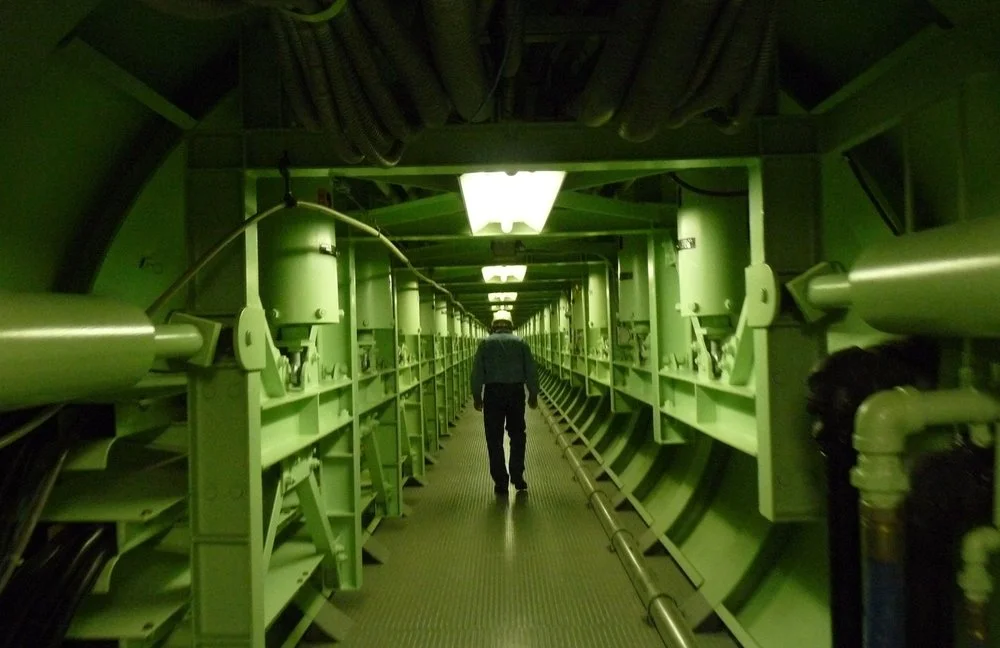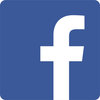Overview
In 1967, a disillusioned Harvard professor named Richard Alpert journeyed to the foothills of the Himalayas to seek a spiritual solace the West failed to provide. Originally a lecturer in the field of psychology, Alpert travelled to Mexico with fellow professor Timothy Leary, (of LSD fame) experimenting with then unacknowledged psilocybin mushrooms and aided Leary in testing and assessing the value of the psychedelic drug LSD. Never satisfied and eventually rejected by the faculty at Harvard, Alpert found a lasting state of peace not through recreational drug use but the religion, philosophy, and mysticism of the East. His name change to Ram Dass is a tribute both to his guru’s influence and the importance of meditative practices in uniting with the immediacy of the universe.
Be Here Now is a record of this journey and the point of arrival, ripe with illustrated thoughts and mind-clearing guidance that feels more akin to free-verse poetry than religious cant. It is a guide for the perplexed and a stabilizing raft for those caught adrift in any psychological or existential tempests. Dass’ approach is a difficult one to explain and to fully understand one must partake in the experience, much like transcendental meditation itself. The book is structured to facilitate the mental trip, beginning with Dass’ backstory and displeasure with the West’s treatment of value and success, easing into the second section: a series of illustrations paired with words that can read as either prayers, aphorisms, or poems. The third section elaborates on the practices, some technical others playful, in living a way of life that can be more astral than material.
Dass’ handling of the subject matter oscillates between the rigid and the blithe, like the topics he handles. It’s for this reason that the reader has leeway in exploring the topics herein; one has the freedom to either dip in a toe or two from the shoreline or select total submersion. The text reads as an amalgam of everything from Daoism, Buddhism, Hinduism, Christianity, Judaism, psychedelic drug use, communal living, western literature, and more. Dass’ ultimate purpose envisions the reader to discover their own path to spiritual unity with the universe, allowing for a personalized definition for transcending the material. From the outside the book may sound like a jumble of religious foofaraw, but within the landscape changes in ways that surprises the most dismissive. Be Here Now is a definite recommendation that will at worst introduce foreign concepts not given credence, and at best change your perception forever. Turn on and tune in.
-Jordan Finn
Show Notes
Music in this episode is "Invested" from Bull Market's upcoming album, Broker.
Produced by Phillip Griffin.
Next episode we'll be talking about White Noise by Don DeLillo! To catch up on the rest of our episodes and delve into some more great books click here!




















